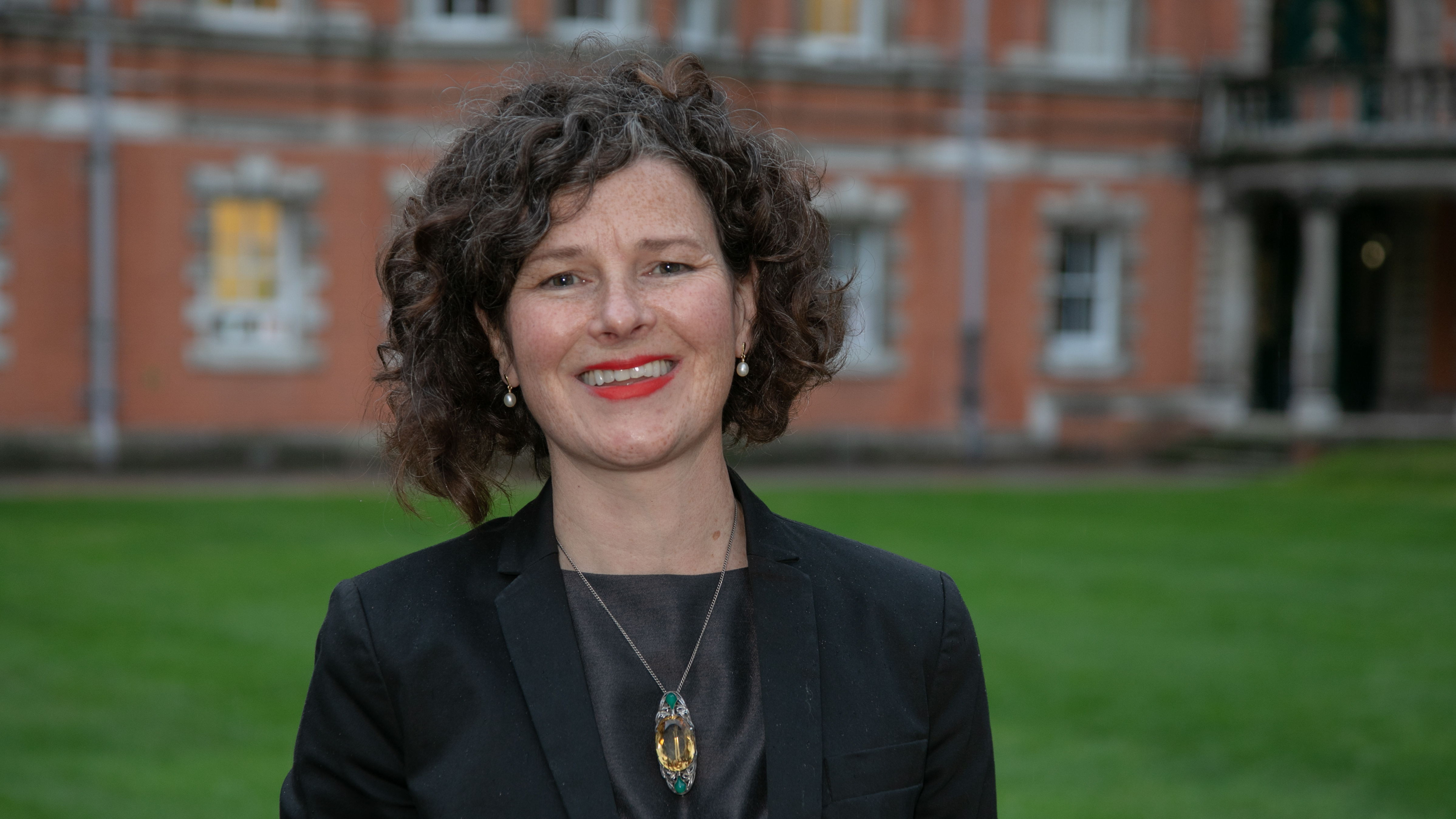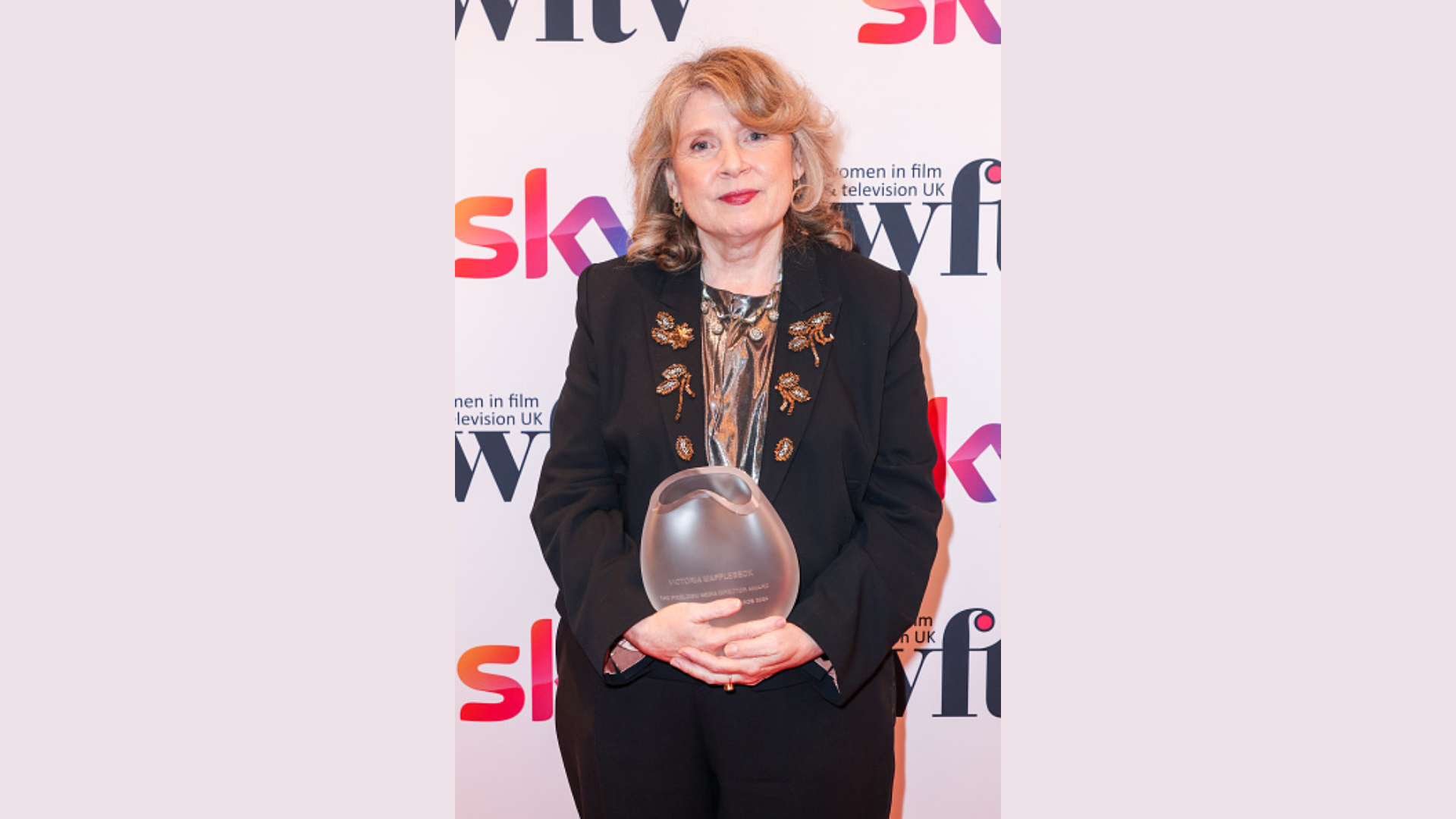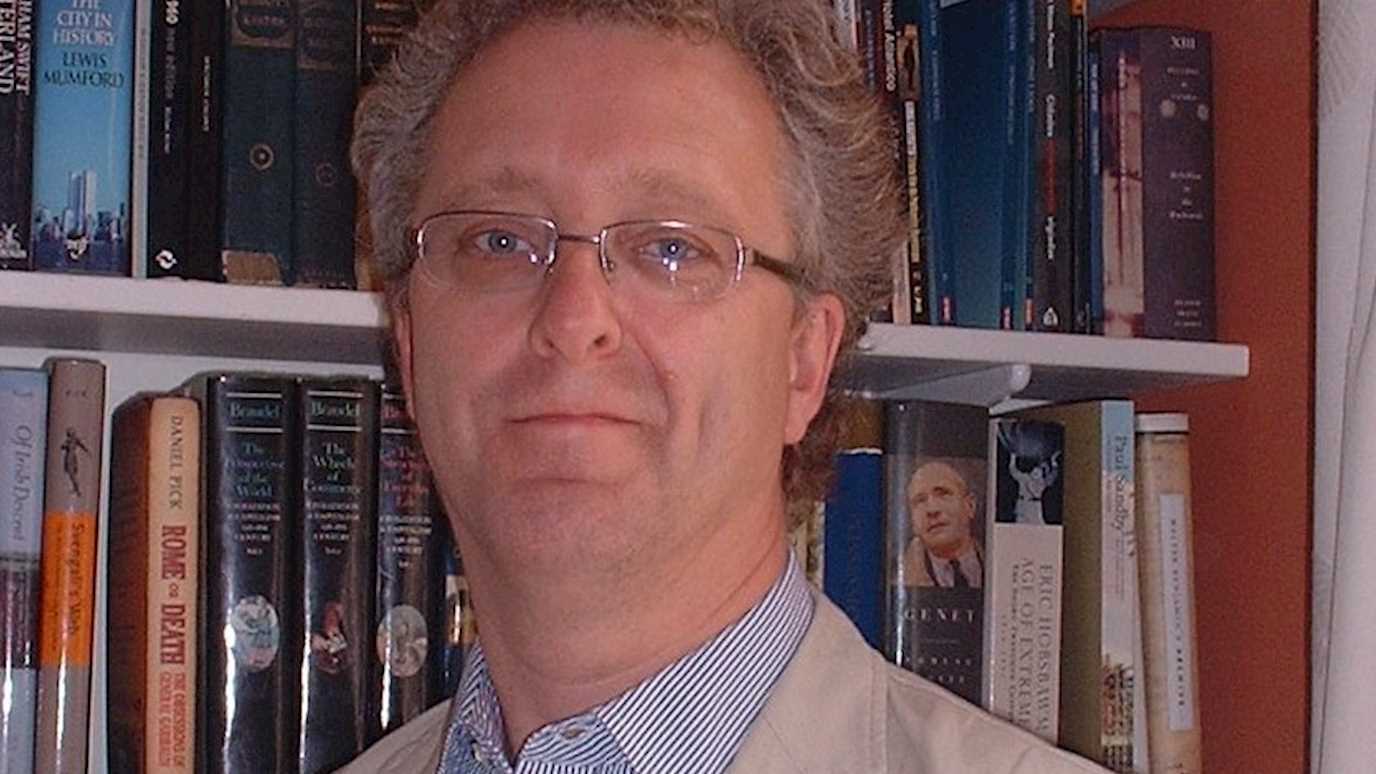A new study led by health psychologists at Royal Holloway, University of London and transplant surgeons at the Cambridge University Hospitals NHS Trust, funded by the National Institute for Health Research (NIHR), reveals for the first time that kidney transplants from deceased donors lead to similar improvements in patients’ quality of life as kidneys from living donors.
It is commonly believed by clinical staff working with kidney transplant recipients that transplants from living donors result in better quality of life than transplants from deceased donors. However, clinicians’ observations don’t take account of the fact that living- donor kidney recipients have more advantages to start with. For example, those receiving a living-donor kidney tend to be younger, have spent less, if any, time on dialysis prior to transplant, have more education and greater family income. Furthermore, most of the research published to date, claiming to show better quality of life in living-donor kidney recipients, has actually used measures of health status rather than measures of quality of life and has not always controlled for pre-transplant differences in factors such as age and time on dialysis which will affect health status.
However, this new study, published in the journal BMJ Open, uses genuine measures of quality of life as well as measures of health status and other patient-reported outcome measures instead of relying solely on health status tools. When the researchers looked at differences between living-donor and deceased-donor kidney recipients, 12 months after transplant, without controlling for differences pre-transplant, living-donor recipients had significantly better quality of life.
Yet, when pre-transplant differences were controlled for in a subset of patients for whom pre-transplant measures were available, the only outcome that remained significantly better in living-donor kidney recipients than in deceased-donor kidney recipients was satisfaction with treatment. Quality of life improved significantly and to a similar extent whether having a kidney from a living donor or a deceased donor and was significantly better than the quality of life reported by those patients who remained on the waiting list for a transplant.
Interviews with a subset of patients highlighted the convenience of being able to plan living-donor transplantation while a deceased-donor transplant is an emergency procedure for which those on the waiting list need to be ready. Interviews also revealed the concerns of living-donor kidney recipients for the health and quality of life of their donor especially when that donor was the adult offspring of the recipient.
Professor Clare Bradley, professor emerita of health psychology at Royal Holloway, said: “We hope that our findings will help patients and their relatives and friends make difficult choices and help their clinicians advise them well. Living donation cannot be assumed to be the best option: a deceased donor kidney can result in equally good outcomes without the risk of harm to the health and quality of life of a living donor.
“With recent changes to organ donor policy, including the opt-out scheme for donors and the new kidney offering scheme, where recipients can make their preferences for a kidney known in advance, we can expect an increase in the numbers of deceased-donor kidneys available with those kidneys being offered, accepted and transplanted more promptly.
“It will be important for clinicians to monitor patients’ quality of life as well as their health in routine clinical practice if they are to be able to understand the effects of treatment on quality of life and on health and to help optimise both sets of outcomes.”
Professor Chris Watson, from Cambridge University Hospitals NHS Trust, said: “The results of this study have important implications for clinicians and patients alike.
“The work that Professor Clare Bradley and her team at Royal Holloway have done, in collaboration with every renal clinic in the UK, has the potential to make a real difference to kidney transplantation and how its outcomes are evaluated. I hope that this study will be the start of routine collection of patient-reported outcomes, including quality of life, alongside health outcomes to allow us to understand better how to help improve the lives of patients with chronic kidney disease.”
























